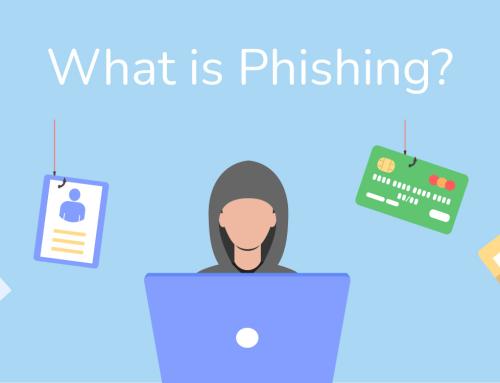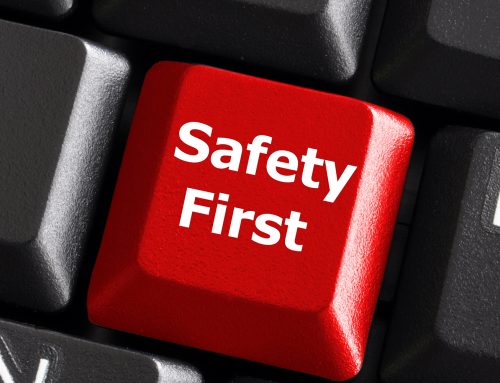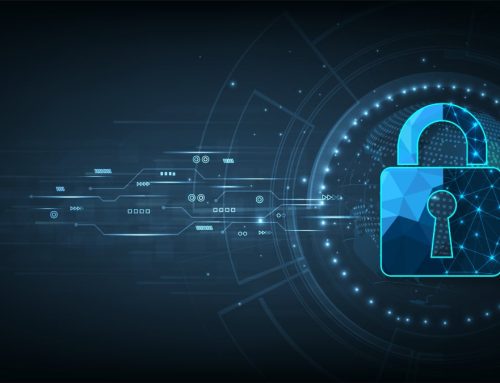
For the last few days both the tech and mainstream media have dedicated a lot of of coverage to a legal battle taking place between the FBI and Apple. Apple’s CEO, Tim Cook, published an open letter to consumers outlining how they viewed the request from the FBI and why they were fighting it.
The Internet Infrastructure Coalition, on whose board I serve, along with many other organisations have come out publicly in support of Apple’s stance in this matter.
In the i2c’s statement I made the following point:
Apple is a global leader in consumer electronics so I am excited and encouraged to see them take a firm stance against government overreach. Millions of Europeans rely on Apple’s devices every single day for both business and pleasure. We all need to be sure that when we encrypt our data it is safe and secure. Proving a ‘back door’ weakens encryption, which is the bedrock of e-commerce.
This isn’t the first time I’ve made a public statement about the importance of encryption, and sadly I fear it probably won’t be the last.
As Christian points out, in a related article, industry works with law enforcement all the time to keep the internet safe for consumers, but undermining encryption weakens the overall system.
There has been a lot written about the technical aspects of this particular case and if you are interested in reading about it there is a plethora of articles to choose from.
The key question isn’t whether or not Apple should help law enforcement or not, it’s about whether or not Apple (or any other company) should be obliged to create a backdoor in their products. It doesn’t matter if the backdoor is created specifically in this instance for a specific device.
Once Apple creates a backdoor of any kind the genie will be out of the bottle.
Does anyone honestly believe that once Apple cracks one phone that they won’t be inundated with requests from other law enforcement agencies or even private organisations to do the same again and again?
Apple is a US company and is bound by US law, but we live in a global economy where its products are sold in every country in the world. I’m writing this on an Apple computer, with an iPhone sitting on my desk. If Apple weakens the security of its products that will impact me and everyone else who uses them no matter where they are in the world. That worries me.
The digital economy’s growth can only be sustainable if consumers can trust that the companies they entrust their data to are secure. Forcing a company, any company, to break encryption undermines that trust and trust is a key currency for any company.
Governments should be doing more to encourage companies to follow best practices in relation to security and encourage strong encryption of data.
As consumers and citizens we are all using “digital” more and more in our every day lives. We share private information with private companies and government agencies on a regular basis in order to take advantage of everything from ordering our groceries, topping up mobile phones, paying our bills, checking our bank balances or buying gifts for our loved ones. All of these transactions can only occur where there is good security, which requires encryption.
We’ll see how this case plays out, but the stakes involved are very high and we should all be keeping a close eye on it.



